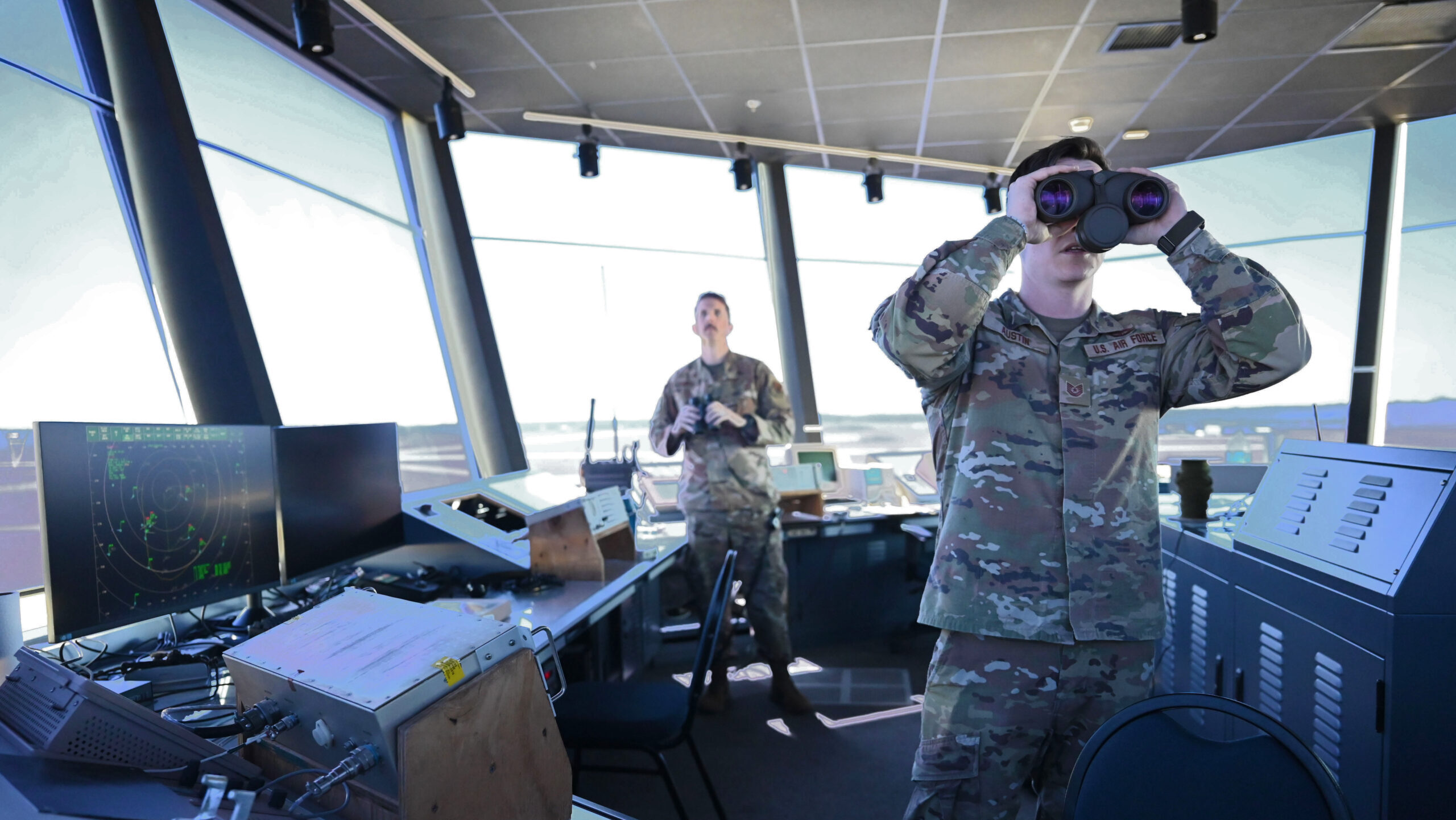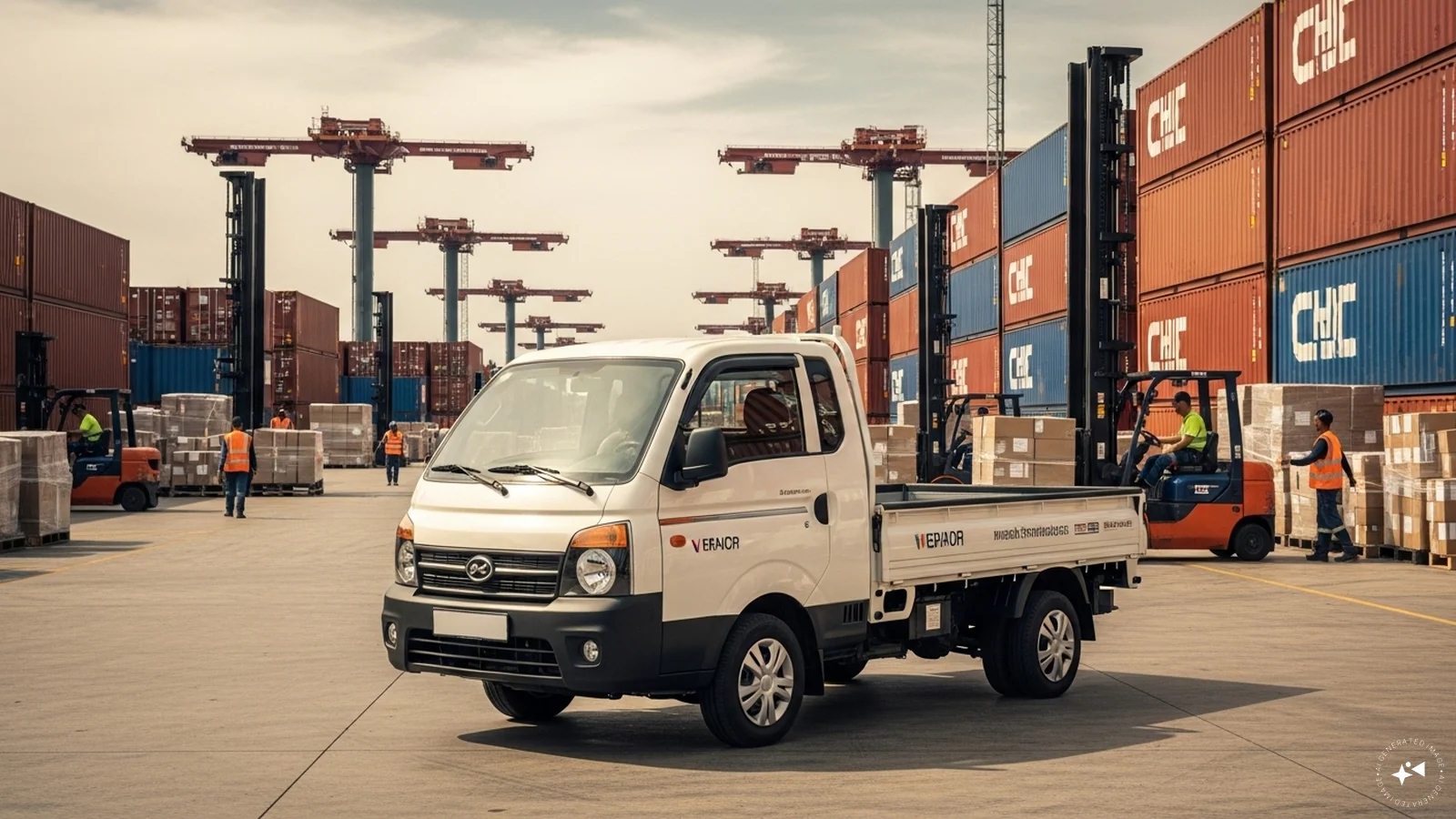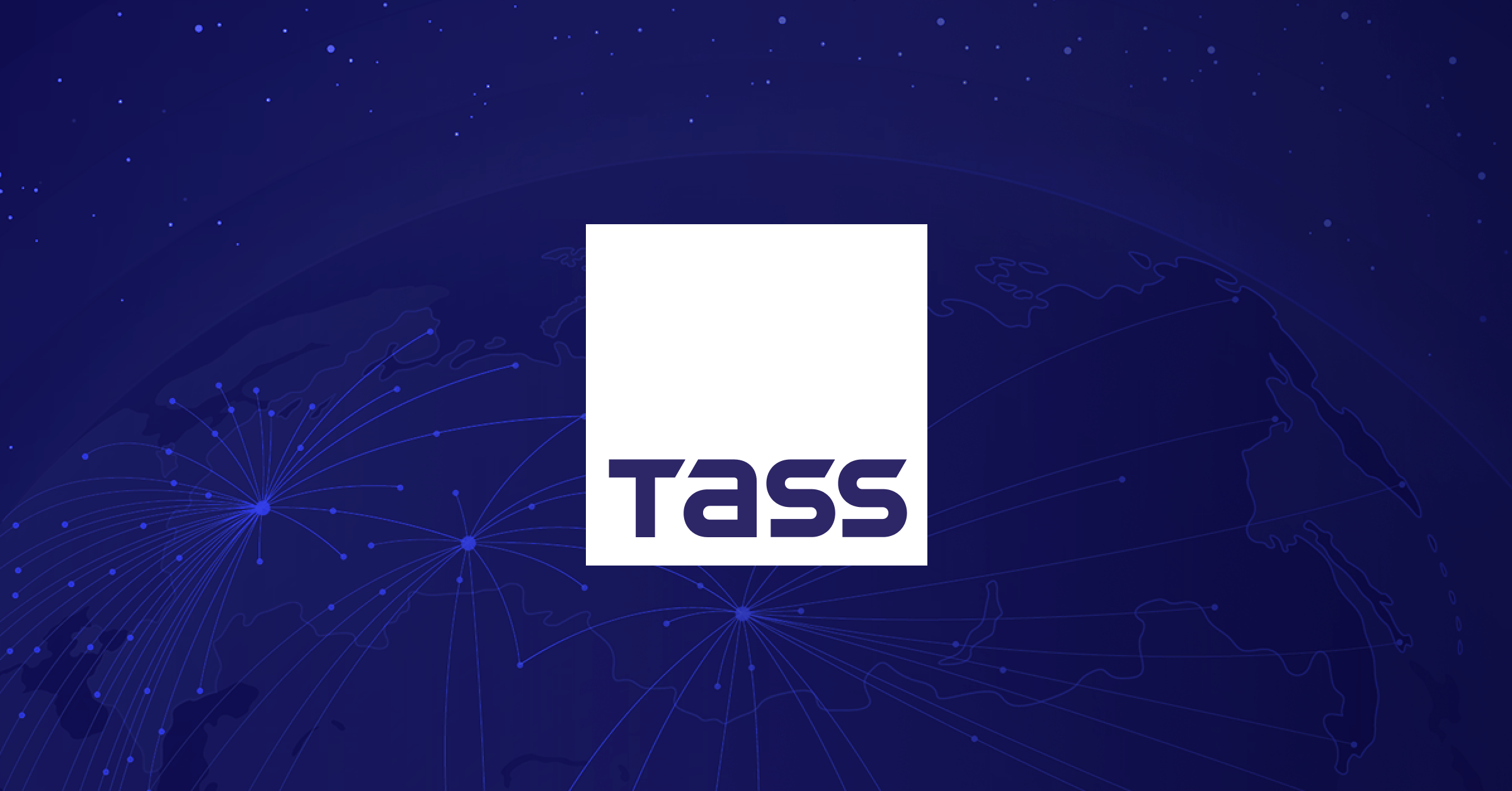
AFA 2025 — The US Air Force is aiming to award “concept refinement” contracts for the second iteration of its Collaborative Combat Aircraft program in early fiscal 2026, an Air Force official said today.
Over 20 different vendors were solicited for the early stage in the second round of the service’s drone wingman program, Col. Timothy Helfrich, who directs the Air Force’s Agile Development Office, told a small group of reporters on the sidelines of the Air and Space Forces Association conference.
The service intends to winnow that pool down to a smaller number of vendors, Helfrich said, with the intent to put “several” on contract. “The exact number will be dependent on several factors,” he added, with contracts expected “within the next few months.”
Questions have lingered around the second CCA round, or “increment,” following a plan announced by Air Force officials under the Biden administration to kick off work in FY25. Helfrich said today that like with Increment 1, the second increment will start with concept refinement, which is roughly equivalent to the technology maturation and risk reduction phase.
Some Air Force leaders have said that while previous expectations revolved around more exquisite, high-end drones, the forthcoming increment could come in on the “low end” — broadly meaning cheaper and more expendable systems. Helfrich said analysis is still ongoing, leaving the possibility of both low-end and high-end designs.
Brig. Gen. Jason Voorheis, the Air Force’s program executive officer for fighters and advanced aircraft, said that international partnerships could play a role in determining what the service asks of industry for the upcoming increment.
“With the dynamic of our international partnerships, there could be two separate use cases that drive two separate designs that go forward, maybe not for the USAF, but for USAF and a partner,” he said, speaking alongside Helfrich.
Some requirements for Increment 2 have also firmed up, at least on the propulsion side. Helfrich acknowledged the Air Force recently issued a request for proposals on lower thrust range engine solutions, but he cautioned that shouldn’t be taken as an indication of where the second CCA increment will go. Instead, Helfrich pointed out that the RFP was targeted at a segment of the engine market that doesn’t readily have offerings off the shelf.
“We saw that there was an area we needed to make investment together in the small area. So that’s where we’re making that investment,” he said.
The Air Force’s first CCA increment is currently underway, where General Atomics’s YFQ-42A and Anduril’s YFQ-44A are facing off for the rights to supply the drone platform.
RELATED: ‘I don’t see it’: Before their CCA drones even take to the air, Anduril and General Atomics trade shots
A parallel effort is working in tandem to field the autonomous software for the unmanned wingmen, which will now pair an autonomy suite developed by RTX with the YFQ-42A and another developed by Shield AI that will fly the YFQ-44A, sources told Breaking Defense earlier this week.
When the Air Force awarded the two companies in April 2024 to build and fly CCA prototypes, senior officials stated at the time that the service could end up awarding CCA production contracts to one or both vendors, or potential additional entrants. Helfrich said a production decision for Increment 1 is still planned for next year, and that the service has “the ability to take multiple vendors into production.”
Autonomy development will essentially continue in parallel, Helfrich said, and isn’t necessarily tied to a specific increment or airframe.
General Atomics’s YFQ42A made its first flight last month, while Air Force Secretary Troy Meink said Monday that Anduril’s YFQ-44A will likely take to the skies for the first time in mid-October.
Dave Alexander, president of General Atomics’ aeronautics division, told Breaking Defense in an interview that the “Longshot” drone it’s developing under a Defense Advanced Research Projects Agency contract could be a “great fit” for Increment 2 depending on how the Air Force’s requirements ultimately shake out.
Lockheed Martin’s secretive Skunk Works unit revealed a new stealth CCA prototype known as Vectis earlier this week, which the company plans to fly by 2027. Although not developed specifically for increment 2, Skunk Works head OJ Sanchez said it could be a “great candidate” if the Air Force needs a highly survivable drone.
Valerie Insinna contributed to this report from a train.



